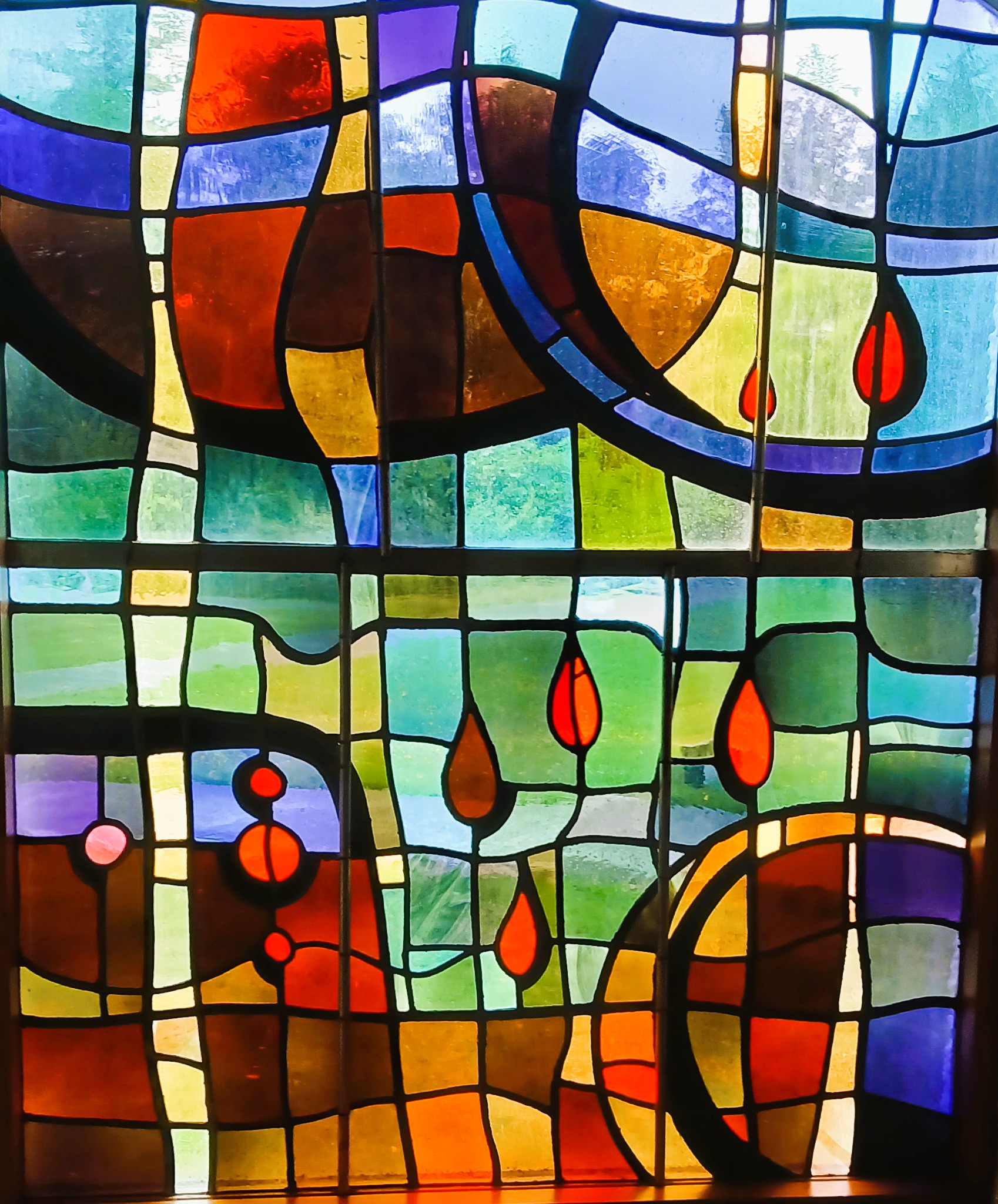Inner Writing
Pack of Tissues
Generally the convention is we should not make eye contact or speak to other passengers on a train or bus. At least this is the London etiquette. Once, on a bus journey from the train station to the centre of Manchester, I found a very different tradition with strangers chatting to each other like proper buddies.
Gillian Sandstom is Professor of Psychology at the University of Sussex. She researched why people do not talk on public transport and tested the theory it was all about the fear of rejection. She concluded, however, that very few folk who ‘broke the ice’ on public transport were likely to be ‘rejected’ (The Guardian 9th July 2025)
As far as my courage allows I have a policy of always speaking to strangers, (with a veto option on public transport). But what about stepping up in wordless small act of kindness? What about a symbolic action of solidarity on public transport? This poem recalls an experience on the Overground.

Pack of Tissues
We meet most mornings
facing each other in the same
train carriage
We are an assortment of builders and teachers,
the odd receptionist and civil servant
on the seven-eighteen commute
to our daily work.
But that morning was different.
The short Eastern European
man with a round face and dirty trousers
was weeping weeping weeping.
A remarkable flow of snot
and tears, out of control,
poured down his face and over
the mobile phone
on which he tried to speak.
Maybe this was a break-up
or bad news from across the miles.
Perhaps the wrong result
or an old wound opened unexpectedly.
But like a true warrior,
unashamed of his tears, he held back his head
in order that he may enter more fully
the grief so heavily laid on his heart.
Being mainly male and broadly British
we, of course, notice his tears
but pretended not to see the pain,
preferring a rapped interest in the adverts
overhead.
We failed him.
It only required a small sign of solidarity.
One of us to offer him a tissue perhaps,
maybe to stand in the aisle in front of him,
providing a little privacy,
even a brief hand on his shoulder
would not of been too much.
But nothing.
We left our brother isolated,
alone in his misery,
awash and drowning in body fluids.
He will survive no doubt
and I’m sure still rides,
as I do, the same train.
Maybe, also like me, he carries
deep in his pocket a pack of tissues.
Perhaps others, also on that commute,
like me, now carry deep in their shamed heart
a resolve next time
to step forward.
© Tim Clapton




